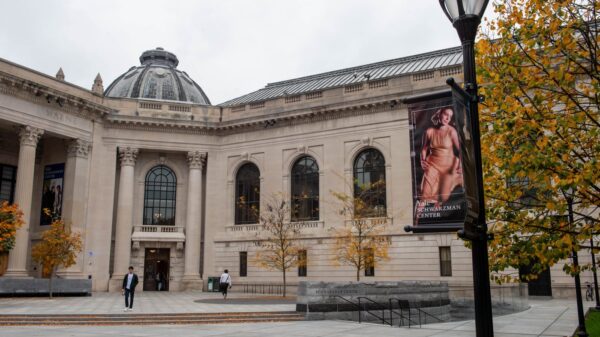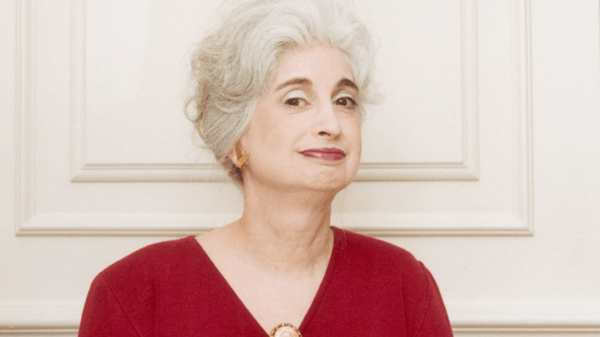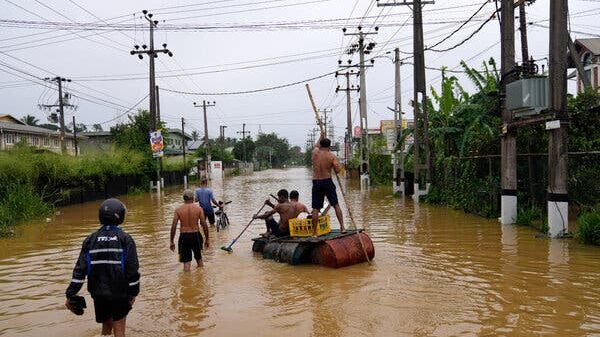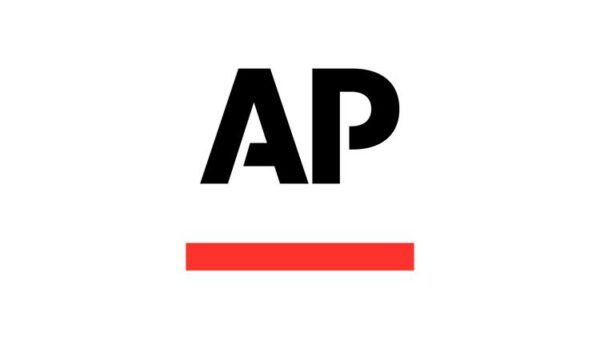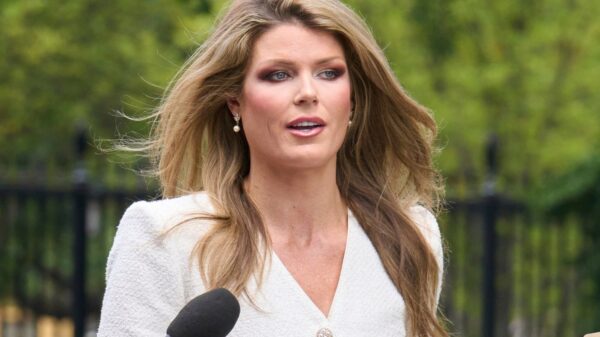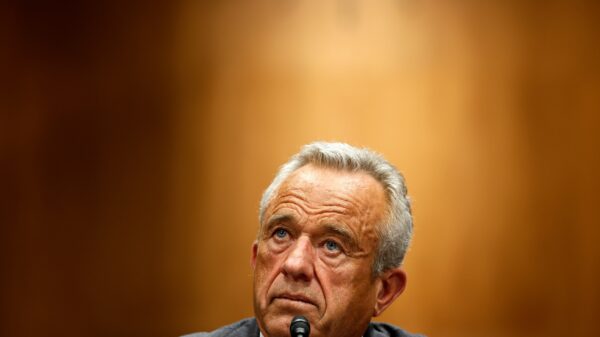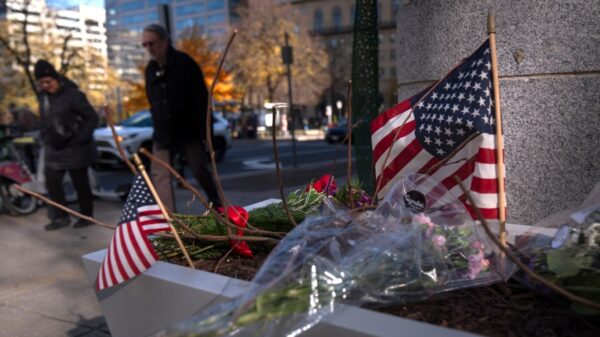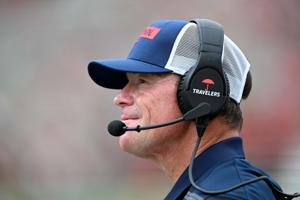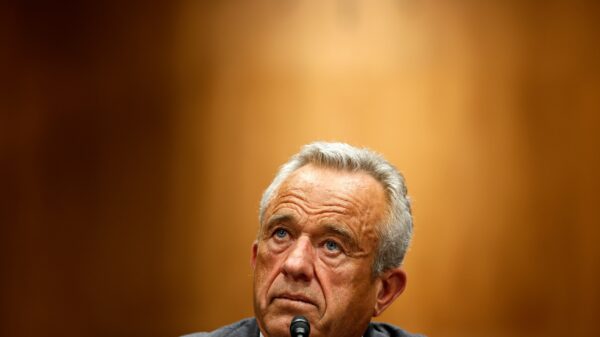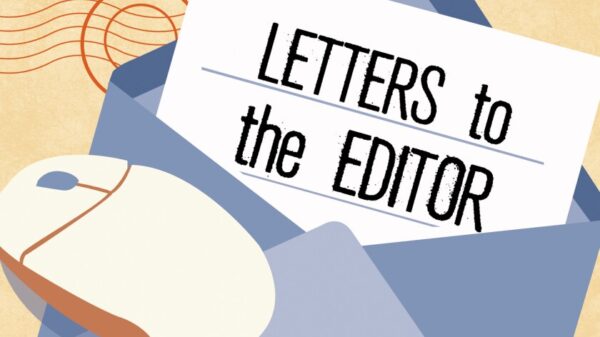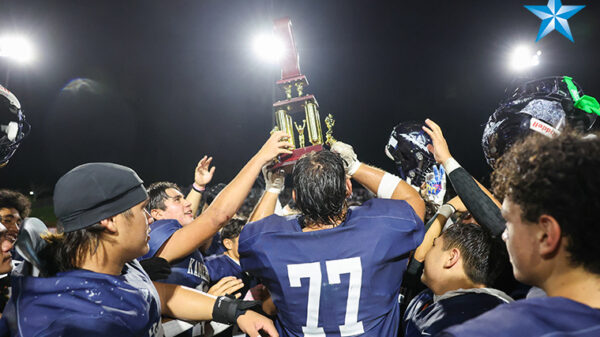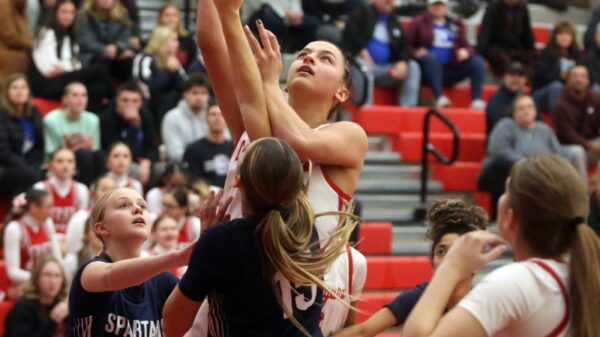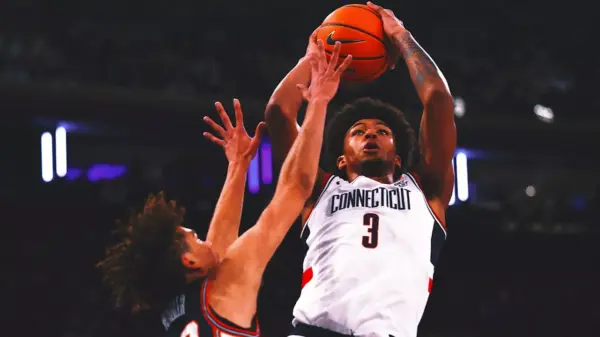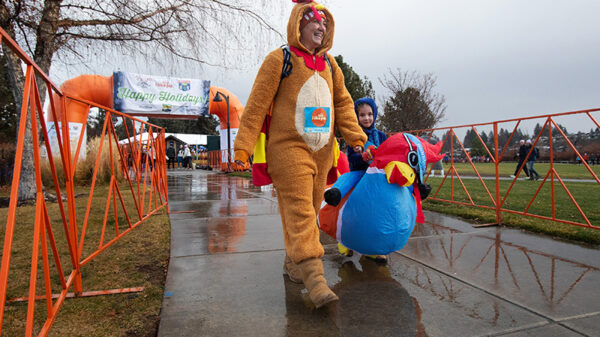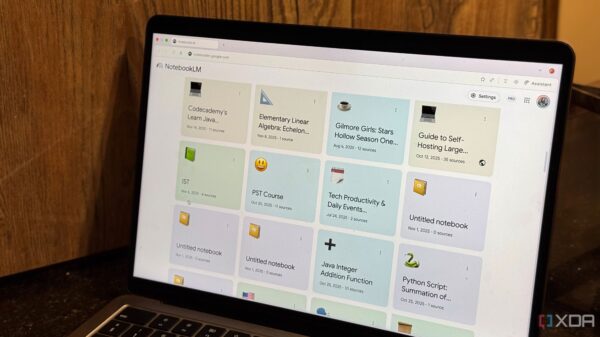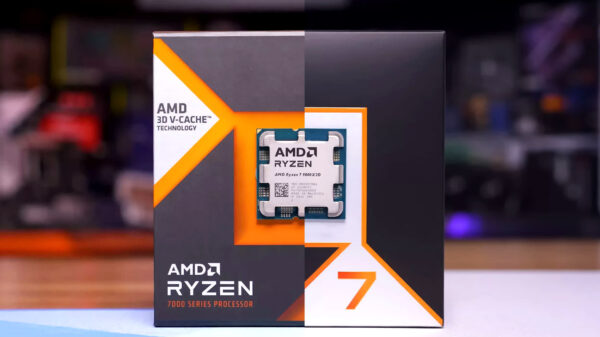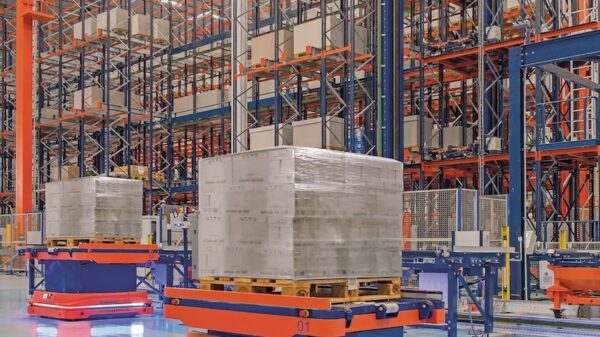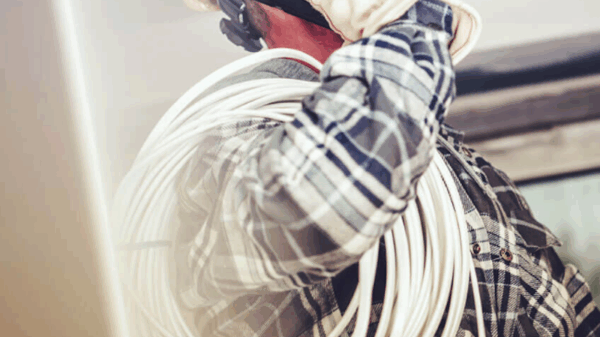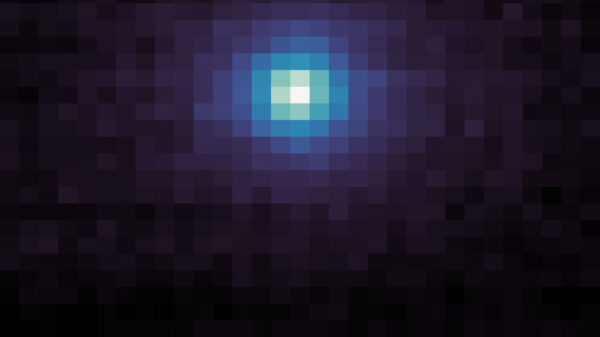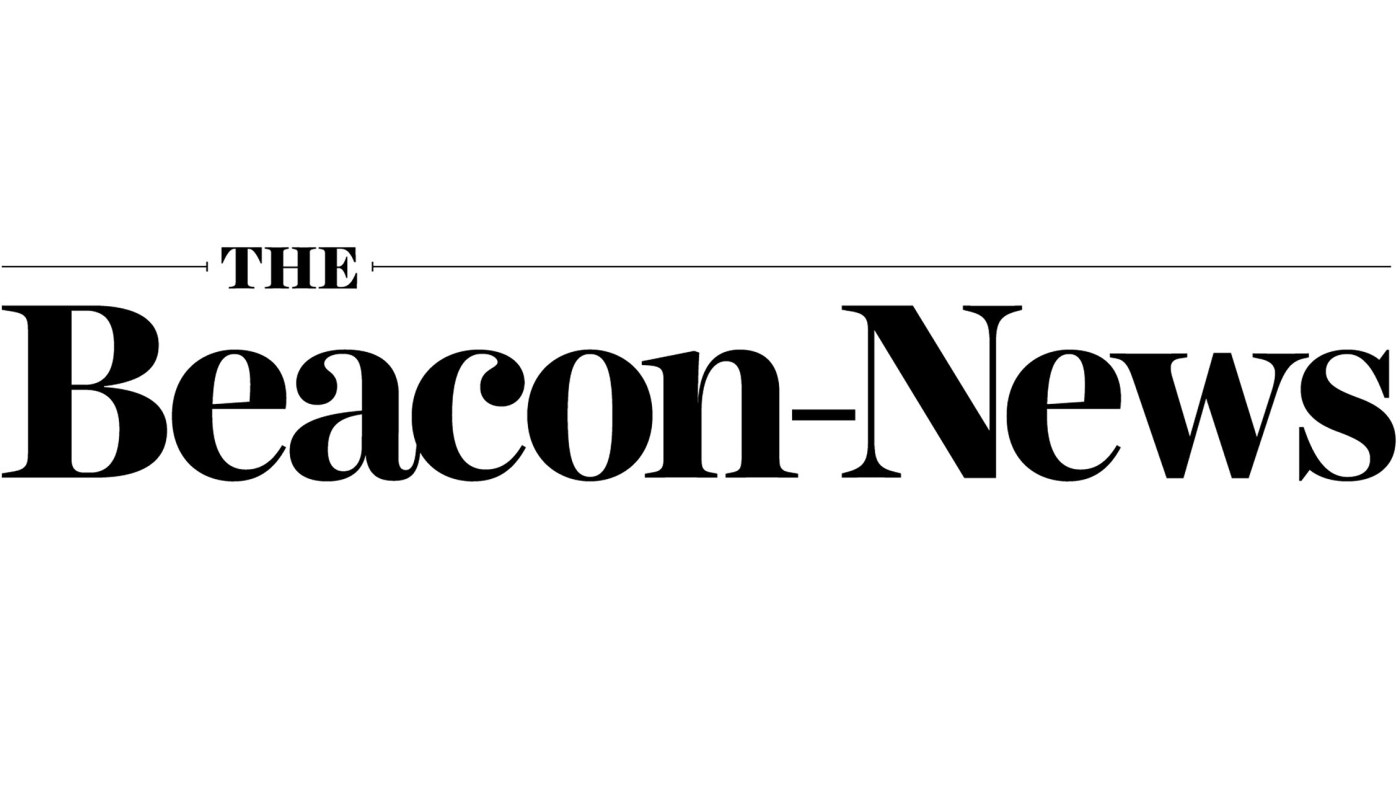UPDATE: A local columnist grapples with the rapid rise of artificial intelligence (AI) and its impact on creativity, revealing an urgent dilemma that could reshape personal and professional endeavors. In a recent piece, the columnist shared how AI tools like ChatGPT are influencing creative writing, including poetry and storytelling, raising concerns about the future of human artistry.
The columnist expressed a profound realization: “I will never again write a poem in this column space.” The sentiment underscores a growing fear among creatives that AI could overshadow human expression. Just this past weekend, the columnist utilized ChatGPT to craft a campfire story for the annual “Camp Chaos” with their grandchildren, themed “Mystery, Murder and Mayhem.” Initially intended to inspire, the AI-generated story led to frustration as it lacked the emotional depth and imagination that only a human can provide.
The columnist’s experience highlights an urgent conversation about AI’s role in creative fields. With technology advancing rapidly, experts warn that AI could soon exceed basic reporting tasks, potentially encroaching on more nuanced forms of writing. “Experts in my field insist that news outlets need to figure this out before robots replace journalists,” the columnist noted, emphasizing the need for unique human stories that AI cannot replicate.
In a revealing moment, the columnist challenged ChatGPT to generate rhymes about a budget controversy involving Mayor John Laesch and the Paramount Theatre in Aurora. While the AI produced amusing verses, the columnist concluded that their human touch is irreplaceable, stating, “I officially announce my retirement as a poetic columnist.”
This urgent reflection on AI’s capabilities raises critical questions about the future of creativity. As AI continues to evolve, it can produce rapid results but often lacks the emotional resonance and personality that make human writing special. The columnist’s experience serves as a reminder: while AI can assist in brainstorming and polishing ideas, the heart of creativity still lies with the individual.
Looking ahead, the columnist plans to explore how local schools and colleges are preparing students for a world increasingly influenced by AI. As the narrative of AI’s role in society unfolds, one thing is clear: the human imagination remains a vital and irreplaceable asset in creative expression.
The conversation surrounding AI and creativity is just beginning. Will human artists reclaim their space, or will technology continue to advance at an alarming rate? Stay tuned for next week’s exploration of educational initiatives that could shape the future of creativity in an AI-driven world.


